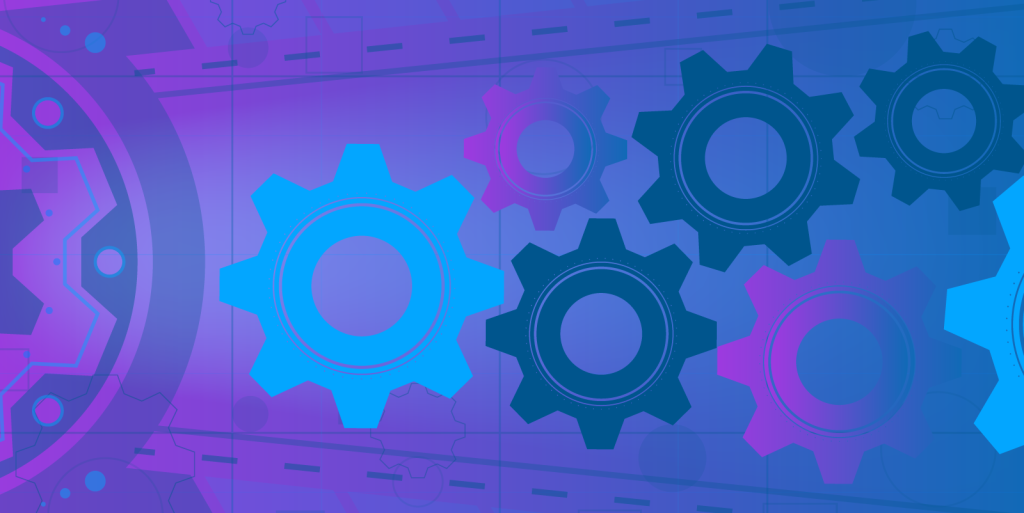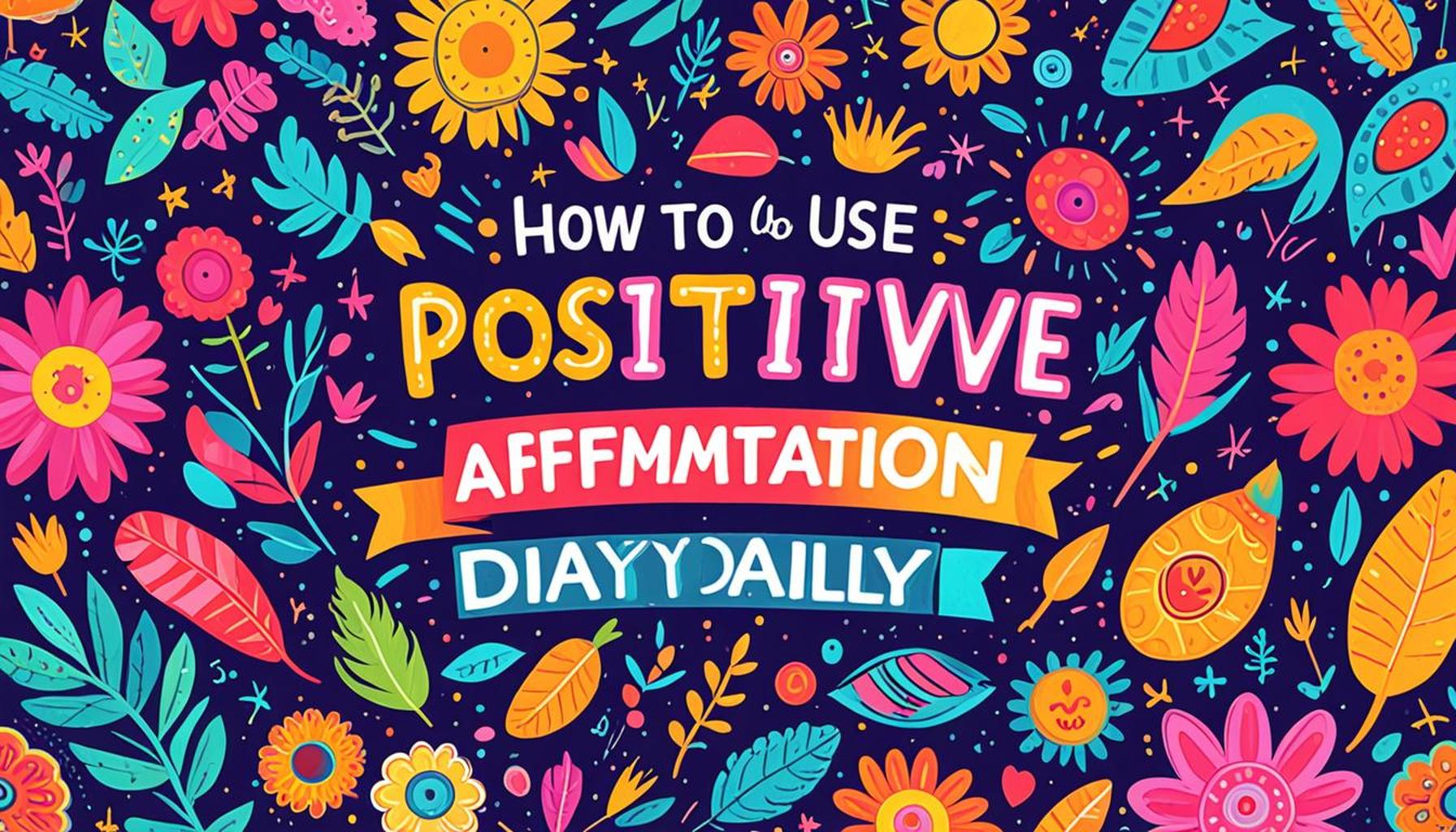Boost Your Employability How Adaptability Enhances Career Prospects

The Importance of Adaptability in Today’s Workforce
In the current job market, being adaptable is more than a mere skill; it is a critical component that distinguishes successful candidates from the rest. As workplaces evolve at an unprecedented speed, the capacity to adjust and flourish amid changing circumstances has become essential for job seekers. To fully grasp the significance of this characteristic, let’s delve into some specific reasons why adaptability is paramount.
Dynamic Job Environment
The modern work environment is characterized by constant flux. Various industries, from finance to healthcare, are in a state of perpetual transformation. Employers actively seek out resilient employees who can navigate unexpected challenges with grace and creativity. For instance, during the COVID-19 pandemic, many businesses shifted to remote work almost overnight. Employees who could effectively transition to virtual platforms not only maintained productivity but often found new efficiencies in their work processes. Individuals who demonstrated adaptability during these tumultuous times gained invaluable experience that bolstered their career trajectories.
Technological Advancements
As technology advances, professionals are often confronted with the need to master new tools and systems. Whether it’s learning a new software suite, utilizing advanced data analytics, or adapting to artificial intelligence applications, those who embrace these technological shifts often find themselves ahead of the curve. In Nigeria, where tech startups are booming, possessing a willingness to engage with the latest innovations can significantly enhance one’s employability. Individuals who are comfortable with digital transformation are likely to thrive in these environments, as they can utilize cutting-edge technology to solve problems and streamline operations.
Globalization’s Impact
The globalization of business has opened up international markets but has also necessitated a greater understanding of diverse cultures and practices. Adaptable employees who can work collaboratively across cultural boundaries are invaluable assets. For example, Nigerian companies expanding into European and American markets require team members who can navigate different work ethics and communication styles. Understanding and respecting cultural differences can create harmony in diverse teams and lead to successful international partnerships.
As various sectors in Nigeria, such as tech, agriculture, and manufacturing, continue to evolve rapidly, it becomes increasingly beneficial for workers to be open to change. Employers now place high value on candidates who not only have the technical capabilities required for their roles but can also pivot and perform different functions as demands shift.

The Mindset of Lifelong Learning
Adaptability transcends flexibility; it embodies a mindset oriented towards lifelong learning. This involves actively seeking new knowledge, understanding emerging trends, and being willing to apply that knowledge in practice. By fostering this trait, professionals can not only boost their employability but also secure sustainable career success in an unpredictable economic landscape.
In conclusion, adaptability is a non-negotiable trait for anyone looking to succeed in today’s workforce. By honing this skill, workers can position themselves as valuable contributors to their organizations, equipped to handle the challenges of an ever-changing world.
CHECK OUT: Click here to explore more
Embracing Change as a Career Strategy
In the competitive landscape of today’s job market, the ability to adapt is not just an asset – it is a necessity. Employers across Nigeria and the broader global community increasingly favor candidates who demonstrate flexibility and a readiness to embrace change. Adaptability empowers professionals to manage new responsibilities and challenges with ease, positioning them as strong candidates for advancement within their fields. Here are several key dimensions that illustrate how adaptability can significantly enhance career prospects:
Enhanced Problem-Solving Skills
Adaptable individuals tend to possess exceptional problem-solving skills. When confronted with unexpected situations or shifts, they are able to remain calm and think critically, allowing them to generate constructive solutions efficiently. In Nigeria, where industries are often challenged by infrastructural issues and market fluctuations, professionals who approach problems with an adaptable mindset are better equipped to identify innovative solutions, ultimately driving their organizations forward.
Stronger Team Collaboration
Collaboration has become a cornerstone of successful business operations. Adaptable employees can seamlessly integrate into various team dynamics, fostering positive relationships and effective communication. As Nigerian companies expand, the ability to work well in diverse teams is a valuable trait. An adaptable team member is one who can switch roles when necessary, ensuring that group objectives are met. Employers appreciate candidates who can build rapport, facilitate discussions, and contribute cohesively to team efforts.
Improved Career Progression
Studies have shown that adaptable employees often experience faster career progression. Organizations recognize the value of employees who can successfully adjust to change, making these individuals prime candidates for promotions and leadership roles. In Nigeria’s rapidly growing sectors, such as fintech and hospitality, those who exhibit adaptability may find themselves with opportunities that others may not, leading to quicker ascendancy through the corporate ladder.
Developing Essential Soft Skills
Adaptability is deeply intertwined with several vital soft skills, including resilience, emotional intelligence, and creativity. These competencies not only enhance workplace performance but also make individuals more appealing to potential employers. As companies increasingly look for candidates who can demonstrate interpersonal skills alongside technical knowledge, the demand for professionals capable of thoughtfulness, empathy, and innovation continues to rise.
- Resilience: Bouncing back from setbacks and remaining focused under pressure.
- Emotional Intelligence: Understanding and managing one’s emotions as well as empathizing with others.
- Creativity: Thinking outside the box to identify new approaches in diverse situations.
In a world where changes come rapidly and without warning, the ability to adapt has never been more valuable. Professionals who cultivate these soft skills alongside their technical expertise position themselves as frontrunners in the job market. Embracing the mindset of adaptability not only fuels personal growth but also amplifies the potential for professional success.
As we navigate an era defined by uncertainty and transformation, investing in adaptability will be crucial for forging a resilient career path. The more equipped individuals are to meet changes head-on, the more employable and competitive they will become in a dynamic job landscape.
Boost Your Employability: How Adaptability Enhances Career Prospects
In the fast-paced world of today, the ability to adapt is increasingly becoming a vital skill for professionals across various industries. Adaptability not only makes individuals more resilient in the face of change but also significantly enhances their employability. As companies constantly evolve, they seek candidates who can navigate shifting landscapes while maintaining productivity.
This critical skill empowers employees to embrace new technologies and methodologies, thereby increasing their value to employers. With the job market growing more competitive, showcasing adaptability on your resume or during interviews can set you apart from others. Additionally, professionals who demonstrate flexibility in their roles often find more opportunities for career advancement and leadership positions.
| Advantage | Details |
|---|---|
| Increased Resilience | Adaptable individuals can swiftly recover from setbacks, maintaining productivity. |
| Broader Skill Set | Those who adapt effectively often acquire new skills that enhance their career prospects. |
| Enhanced Networking | Flexible professionals are better at building relationships, growing their career network. |
Embracing adaptability can also foster innovation and creativity, allowing individuals to contribute to their organizations in unique ways. As businesses continue to thrive on dynamic changes, those who exhibit a proactive approach towards learning and adjustment will find themselves at an advantageous point in their careers.
To leverage adaptability as a cornerstone of your employability, consider engaging in continuous professional development opportunities. This could range from attending workshops and webinars to seeking mentorships. By investing in your skillset and staying updated with industry trends, you can ensure that you remain a relevant and valuable player in the workforce.
SEE ALSO: Click here to read another article
The Role of Lifelong Learning in Adaptability
In an age where technological advancements reshape industries at breakneck speeds, the commitment to lifelong learning serves as a catalyst for adaptability. In Nigeria, where the digital economy continues to expand rapidly, professionals who engage in ongoing education increase their ability to pivot in response to new demands. This proactive approach not only enhances individual skill sets but also reinforces their adaptability. Continuous learning can take the form of formal education, online courses, or self-directed study, enabling professionals to stay relevant in an ever-changing job market.
Embracing New Technologies
Technology is advancing quicker than many can keep up with, and for professionals, staying abreast of digital trends is vital. For example, as more Nigerian businesses adopt technologies like artificial intelligence and big data analytics, those who embrace these tools can adapt their expertise accordingly. Workers who are willing to learn new software or systems display an eagerness to evolve, making them more attractive to employers seeking innovation within their teams. Striving to be tech-savvy and open to learning new programs highlights an individual’s adaptability, increasing their marketability.
Networking in a Changing Landscape
Adaptability extends beyond personal skills; it incorporates the ability to foster and maintain relationships in diverse environments. Networking is an essential aspect of career development, especially in Nigeria’s vibrant job market. Professionals who are adaptable can navigate different networking opportunities, whether online or offline, to expand their connections. This versatility can lead to significant career opportunities, as one never knows where the next pivotal link may arise. Connecting with mentors and peers across various sectors allows for the sharing of relevant insights, enabling one to adjust to changing industry demands.
Understanding Cultural Dynamics
With businesses in Nigeria becoming increasingly globalized, an understanding of cultural differences is crucial in enhancing adaptability. Professionals who cultivate intercultural competence have a better chance at effectively engaging with clients, customers, and colleagues from diverse backgrounds. This skill is especially relevant for positions in multinational companies, where flexibility and cultural sensitivity are required. Adaptable employees who understand and respect cultural nuances contribute to a more harmonious workplace environment, leading to enriched collaboration and enhanced productivity.
Proactive Career Planning
Adapting to changing circumstances is also about anticipating future job trends and career shifts. Individuals who engage in proactive career planning are more likely to identify emerging opportunities in the marketplace. By researching industry developments and forecasting skills trends, professionals can align their learning objectives to remain competitive in their desired career path. They can proactively address gaps in their skill sets that may become pertinent in the future, positioning themselves as leaders in their fields.
As we confront various uncertainties in the job market, remaining curious and committed to growth is paramount. Adaptability is not solely about reacting to change; it also involves anticipating what lies ahead. By proactively engaging in lifelong learning, networking, becoming culturally aware, and planning careers wisely, professionals can ensure they remain relevant and employable in a dynamic environment.
CHECK OUT: Click here to explore more
Conclusion: The Pathway to Career Resilience
In today’s ever-evolving job market, particularly in Nigeria’s vibrant economy, adaptability stands out as a critical asset for professionals aspiring to enhance their career prospects. As traditional roles transform and new industries emerge, the ability to embrace change and thrive amidst uncertainties can significantly impact employability. Adaptability is a multifaceted skill that not only involves a commitment to lifelong learning but also encompasses technological proficiency, effective networking, cultural awareness, and strategic career planning.
As highlighted, going beyond merely responding to change, adaptable individuals position themselves as proactive learners, eager to explore new technologies and engage with a diverse array of professionals. By cultivating these attributes, they not only become more marketable to potential employers but also foster an enriching workplace environment conducive to collaboration and innovation. The power of networking cannot be understated, as valuable connections often lead to unforeseen opportunities that can accelerate career advancement.
Ultimately, embracing adaptability enables professionals to navigate the complexities of modern careers successfully. By continuously honing their skills, expanding their networks, and anticipating market shifts, they can transform challenges into opportunities, ensuring their relevance in the workforce. Thus, in the quest to boost employability, adopting an adaptable mindset is not mere advice; it is a critical imperative. Start today—reassess your skills, engage in new learning experiences, and arm yourself with the adaptability needed to conquer the future.


